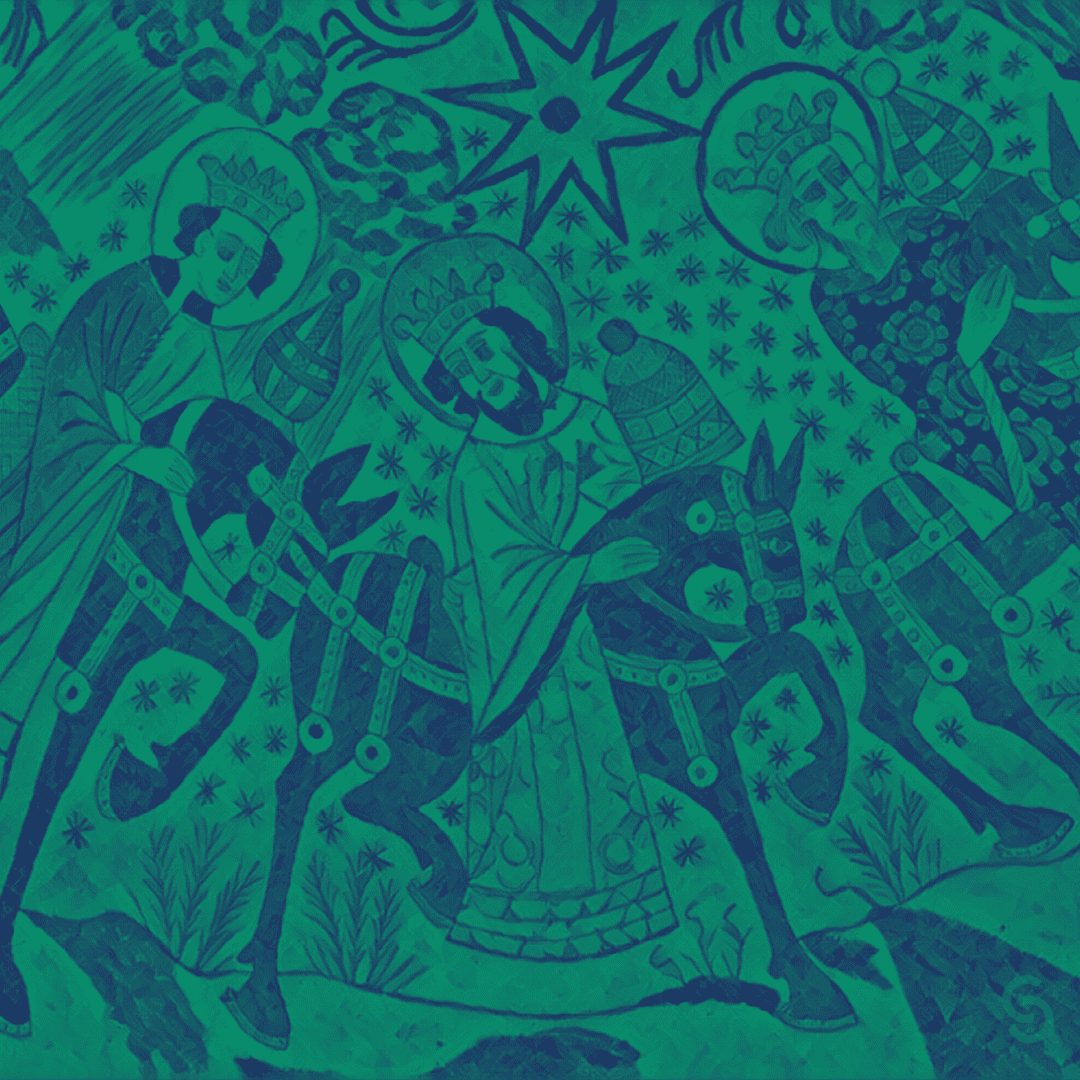 epiphany (noun)
epiphany (noun)
- the manifestation of Christ to the Gentiles as represented by the Magi (Matthew 2:1–12)
- a moment of sudden and great revelation or realization
It was the late 1980s. John Alexander, an Oxford-educated Christian radical, was on his way to give a speech to a gathering of Evangelicals Concerned (EC), a group made up mostly of gay and lesbian Christians, probably the first evangelical organization to affirm same-sex relationships. John was the author of Your Money or Your Life, a call for simplicity and generosity in the face of thousands of child deaths every day from hunger. As he walked through the parking lot to give his talk that night, past the latest BMWs, Mercedes, and Cadillacs, he decided to revise his talk. A few minutes later, he told his audience that, as people of privilege—white, educated, the majority male—being gay was a gift. It was a superpower to identify with the poor and marginalized. To exercise their special ability, they should support the poor financially. They could begin by selling their luxury vehicles.
The reaction that night was not good.
Years later, John gave another talk. This time I was in the audience. John was leading a Bible study for the small Christian intentional community in which I was living.
“I had a dream last night in which God spoke to me,” he began. “I remember the words, and I need to tell them to you.” People squirmed in their seats and looked at each other with unease. Word-for-word divine revelations weren’t the kind of thing we expected from our bookish pastor. Pulling at his beard and furrowing his brow to get it right, John continued, “God told me, ‘John, your greatest desire is not to be admired but to be loved.’”
John scanned the puzzled looks around the room and pressed on. “This is so important!” he exclaimed. “My entire life has been about trying to be admired. I’ve worked so hard at it. I did sports, I joined the debate team, I got good grades, and I went to prestigious schools, but the admiration I sought didn’t ever fill my soul. What I wanted all along wasn’t admiration, but love.”
Still noticing some blank looks, he continued, “I doubt that many of us grow up feeling well loved. There aren’t a lot of good lovers in this world. Parents are so busy and overwhelmed, and often miss the ways their kids need love. Few people have paid the price to learn the art of love, so not many of us have deeply loving mentors and friends. We feel loved-starved and settle for the sad imitation our culture offers—admiration.”
To me, his words made perfect sense and landed in my heart with poignant pain. Growing up gay in a conservative evangelical church, I thought that if anyone knew I was gay, they would be repulsed. So I hid who I was and worked tirelessly for admiration. In high school, I spent all my money on a stereo to impress my friends. I was delighted when my parents gave me a Datsun 510 that I painted cherry red to attract attention. I tried to get good at tennis by playing on the high school team (I was terrible); I was elected junior class and student body president (by asking the captain of the football team to be my running mate and through the support of the nerd contingent of which I was an obvious member); and I did the good-kid-good-grades-good-Christian thing. But the little admiration I received felt vacant, worthless. What John said was true—what I really wanted was love.
That epiphany helped me commit myself to life in intentional Christian community. This was a place where people knew me well and loved me anyway. And along the way I realized another joyful truth—I was made to love. I loved loving. Intentional community was an adventure in learning the art of love. I’ve lived that commitment now for 33 years. As with all good adventures, it has been crazy hard at times, but it has felt like a quest with a worthy goal. It is, of course, just one of many ways to give oneself to a life of love.
One time, I asked a gay, 20-something Christian, “What dreams do you have? What would you like to do with your life?”
“I’m not sure,” he responded, “although I know that at some point I want to buy a Tesla.” I tried to mask the judgment I felt. He could only think of one dream. And it was so small—a quiet car that shouts status. I tried to talk to him about making his life an adventure in love, but he didn’t seem very interested.
I felt sad, but not surprised. We are, after all, constantly taught to strive for admiration and Mammon. And most of us—having been roughed up in one way or another by life—do just that, hoping they will soothe our battered souls.
Just before Halloween, I was shopping at Grocery Outlet when a jarring, muzak version of “Jingle Bells” began playing over the store speakers in a not-so-subtle prompting to buy stuff. I wanted to punch something. Piles of Christmas crap surrounded me: flashing necklaces that boasted “9 LED lights with 7 functions,” gaudy elf-infested wreaths, milk chocolate Santas.
George Herbert wrote that God, dressed in “robes of glorie . . . did descend, undressing all the way.” As I surveyed the heaps of green, red, and gold merchandise, I was overwhelmed with the irony of it all. Christmas celebrates the richest person who ever lived giving up everything just to be with us. And we celebrate his coming by buying and more buying, and yearning, yearning for more.
As we turn toward Epiphany, we remember some wise men who welcomed the poor Christ child with treasure in a gesture that imitated Jesus’ self-giving. As we celebrate Epiphany, it probably doesn’t help to be lectured about our desire for a Tesla. But it might help to be reminded that what we really want is to be loved. And to remember that Christ’s divestiture of everything—for our sakes—shows that we really, truly are.
 Tim Otto is one of the pastors at the Church of the Sojourners, a live-together Christian Community in San Francisco.
Tim Otto is one of the pastors at the Church of the Sojourners, a live-together Christian Community in San Francisco.


